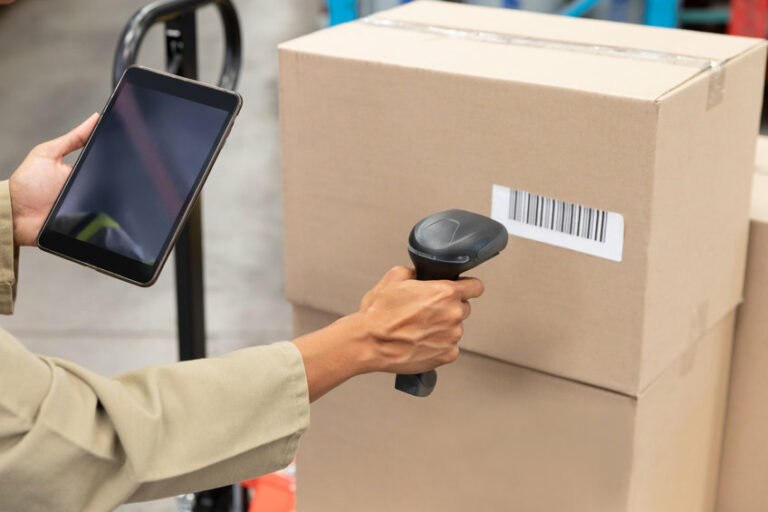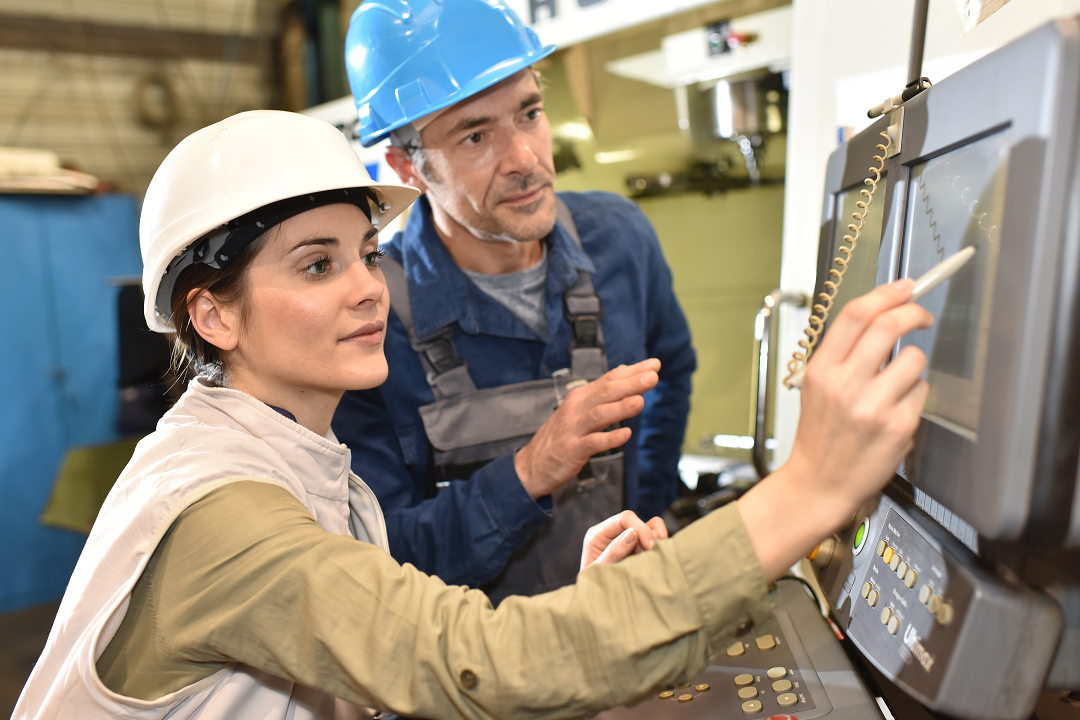

The Importance of Traceability in a Manufacturing Environment


Introduction
Manufacturing has become a lot more sophisticated in the last forty years. The expanded use of computers allows companies to have a much granular view of the inputs going into the production process. It also allows government entities and customers to request and require that level of granularity.
Traceability is not only necessary to stay competitive in the twenty-first century, it is necessary to stay in business.
Trace What, Why, and How
Whatever industry your business is part of, it is very probable you might have come across the need to track and trace the raw materials, machinery and even the personnel involved in manufacturing your products.
Sometimes those requirements are driven by regulations, such as for example the institution of REACH (Registration, Evaluation, Authorization and Restriction of Chemicals) in the European Union or CFR – Code of Federal Regulations Title 21 of the FDA in the USA. Sometimes they are driven by our Customers’ requirements. And sometimes even by ourselves in an effort to be able to identify issues with products from a particular source, or produced at a particular work center or the need for more personnel training. Furthermore, we sometimes need to make sure that lots with certain characteristics are the ones used in producing certain products which increases the importance of tracking and tracing exponentially.


Tracking and tracing require a major effort, it is extremely time consuming and the consequences of errors can translate to:
- Substantial fines
- Revocation of permits
- Cancellation of orders
- Loss of business
- Great expenses in misdirected training efforts
- And more
In some instances, employees responsible for regulatory compliance are personally responsible for the truthfulness in reporting and labeling of products. It is for these reasons that the regulatory and compliance function is usually carried on at the director level, at the same organizational level as those executives with P&L responsibility.
Tracking and tracing of information related to what components, where, and by whom has become so complex and so demanding that it is virtually impossible to accomplish it without the help of a computer system.
Luckily the accessibility of computer hardware and software has made it possible to drastically reduce the cost of data acquisition needed to track and trace those sources and maybe more importantly also reduce the criminal exposure derived from erroneously reporting those sources.


Manufacturing Execution Systems (MES) are the vehicle by which data can be collected and made available to the regulatory and compliance responsible party. Similar to other computer systems, MES have evolved from being a technology available only to large companies to currently be widely available to small and mid–size businesses.
Providing track and trace information to responsible parties is just one of many benefits MES can bring to a manufacturing company, it is a key benefit because of how essential these systems are in ensuring the right components are used and the right information is reported to authorities, customers as well as used in making the right company decisions. MES provides a comprehensive solution to ensure the components’ right lots are used as well as being able to track the components that went into manufacturing a product, the work centers where the product was produced and the operators involved in making the product, ensuring that the information being reported and being printed on the products’ labels is correct.
To Summarize
Because of the regulatory connotations of tracking and tracing information about the products we produced, the importance of MES in this respect transcends regular business issues and might actually be instrumental in preserving the company’s viability.
More From Us
How Big Data Can Improve Operations
How Big Data Can Improve Operations Overview “You can’t improve what you don’t know, and you can’t know what you don’t measure” is a well-known...
Read MoreReal Time Flow of Information Key to Improving Shop Floor Operations
Real Time Flow of Information Key to Improving Shop Floor Operations In order to remain competitive in today’s global manufacturing space, it is essential for...
Read MoreHow to Successfully Implement a Computerized Planning and Scheduling System
How to Successfully Implement a Computerized Planning and Scheduling System Introduction The purpose of this article is to challenge readers to look at the implementation...
Read MoreThe Importance of Traceability in a Manufacturing Environment
The Importance of Traceability in a Manufacturing Environment Introduction Manufacturing has become a lot more sophisticated in the last forty years. The expanded use of...
Read More